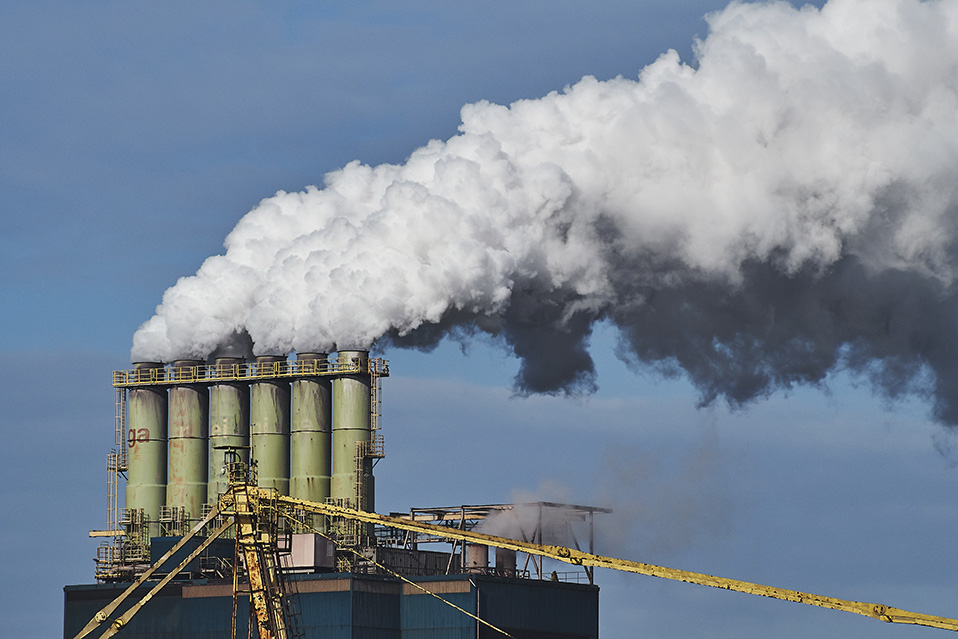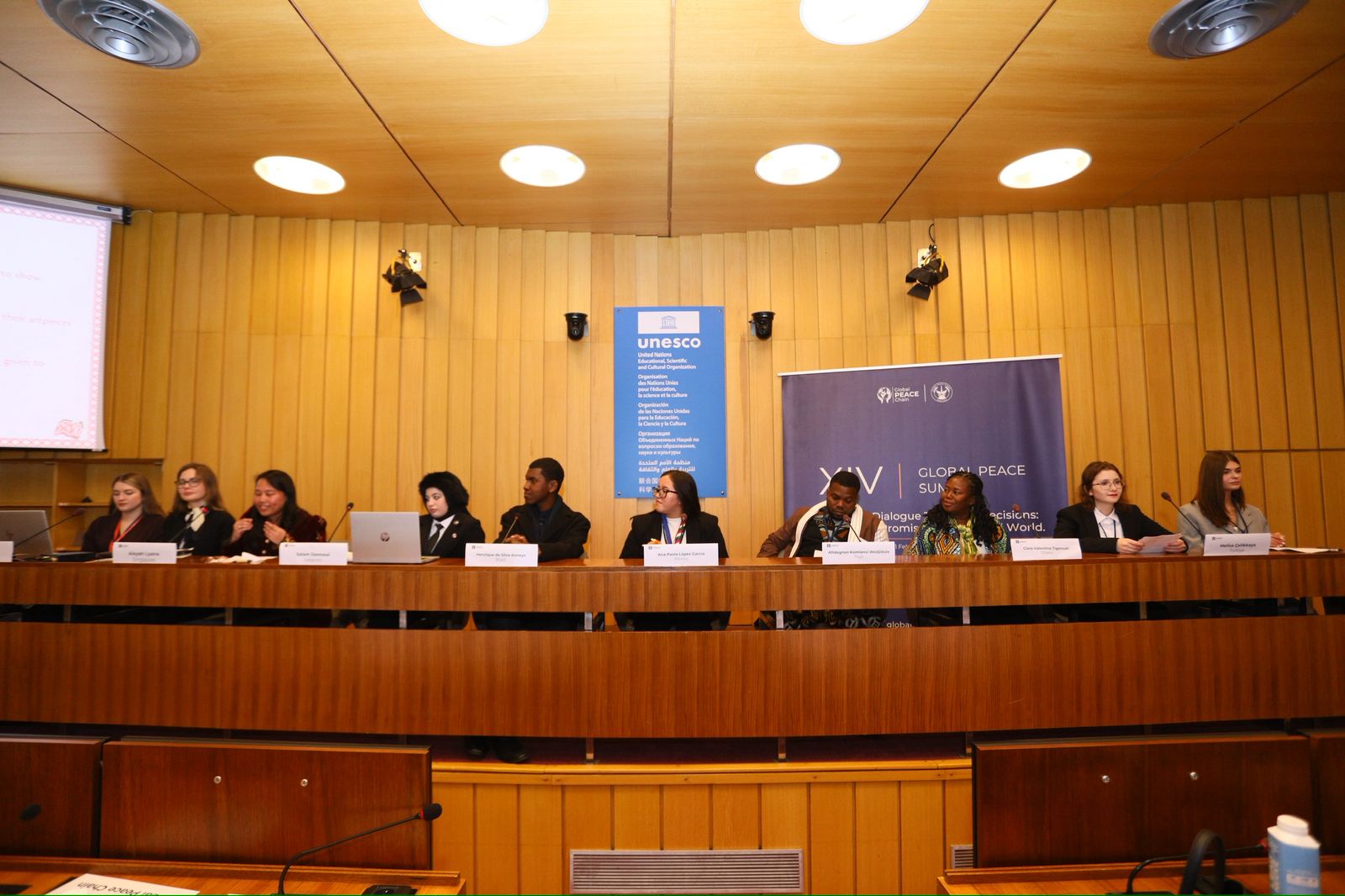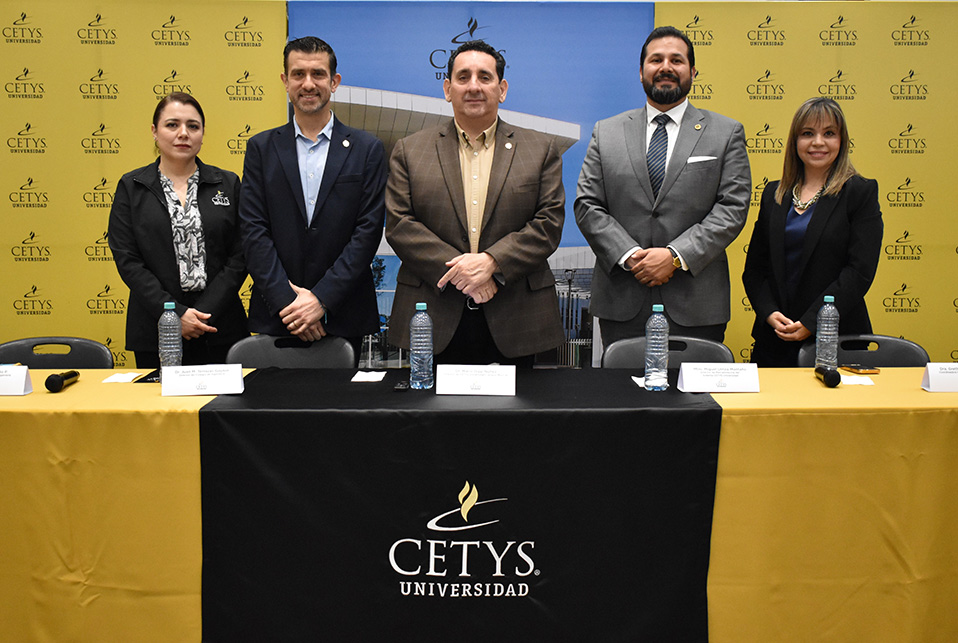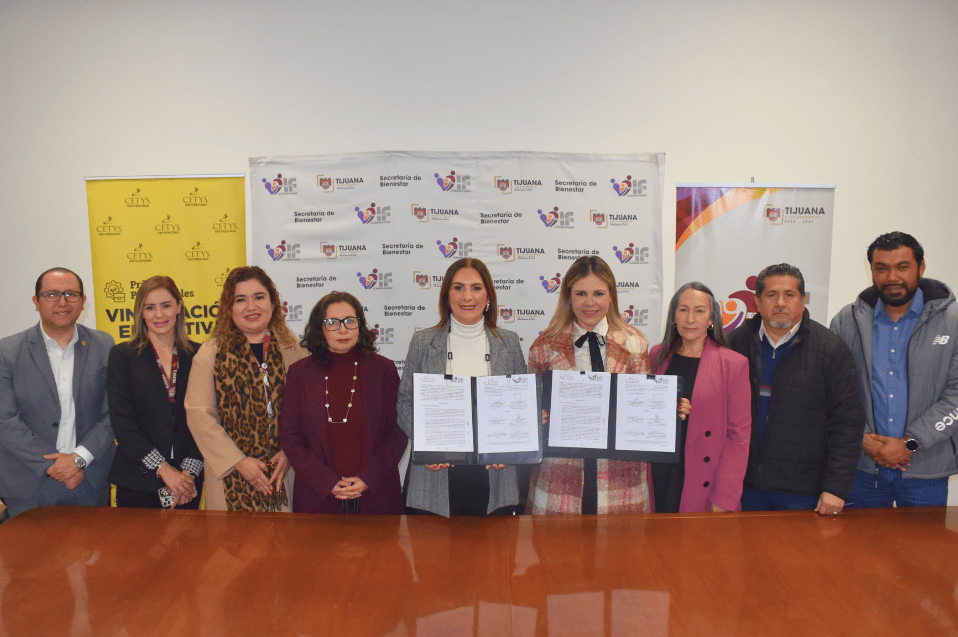Alicia Quintero, Michelle Valdez & Santiago Cabrera
International companies have turned Mexicali into an industrial powerhouse — but at what cost? Behind promises of job creation and economic growth lie serious concerns about pollution, water scarcity, and poor labor conditions. Our research explores how multinational corporations often fail to match their sustainability commitments with real action. With climate stress rising and public health at stake, this article uncovers what’s really happening behind factory doors — and why it matters to everyone in Mexicali.
Are Global Companies Hurting Mexicali More Than Helping It?
Mexicali is often praised as thousands of jobs. But beneat stress rising and public health at stake, this article uncovers what’s really happening behind factory doors — and why it matters to everyone in Mexicali. One of Mexico’s key industrial engines. Its booming industrial parks and maquiladoras (foreign-owned factories) attract billions in foreign investment and provide this economic success lies a growing crisis — one that smells of smog, runs through drying riverbeds, and echoes in the voices of underpaid workers.
Our recent research at CETYS University explored the hidden costs of international business in Mexicali. We found a troubling pattern: many multinational corporations operating in the region claim to support sustainability — but their actual practices often tell another story.
The Pollution Problem
Air pollution in Mexicali is among the worst in the country. Residents frequently report respiratory issues, and dust and chemical smells are a daily reality in some neighborhoods. Water scarcity is another urgent concern. Some factories consume vast quantities of water for manufacturing, despite the city’s already limited supply. While some companies, like Coca-Cola México, have made high-profile efforts — such as funding an artificial wetland to treat water — these projects are often more about public relations than real, lasting change.
A gap between words and action
Almost all global companies publish sustainability reports. They often include flashy charts, bold goals, and eco-friendly slogans. But when we compared these reports with real-life practices in Mexicali, a major gap became clear. Many companies promise ethical labor conditions, but local workers report long hours, low pay, and poor safety standards. Others talk about “community engagement,” but residents near industrial zones often feel ignored and harmed by the very companies that promise to help them.
What People Say
To understand how people in Mexicali feel, we conducted two surveys — one for the general public and another for employees of international companies. While our sample size was small, the responses were telling.
More than 40% residents had little awareness of any meaningful sustainability work by these companies. Employees echoed this, with some admitting their workplace didn’t follow through on environmental promises made in company policies.
Why this matters
Mexicali’s environment is already fragile. Without stronger accountability and regulation, things will only get worse. But this isn’t just a local issue — it’s a warning sign for global sustainability. If companies can say one thing and do another in Mexicali, what’s stopping them elsewhere? As climate change accelerates and consumers demand more ethical practices, companies that continue to ignore local impacts could face backlash — not just from activists, but from the market itself. On the flip side, businesses that take responsibility now could become leaders in ethical development.
What needs to change
So, what can be done? Based on our research, here are a few key solutions: Stronger enforcement of environmental and labor laws —not just policies on paper. Independent audits of corporate sustainability efforts, to separate real progress from greenwashing. Greater transparency in corporate-community relations, including forums for local feedback. Incentives for companies that genuinely commit to sustainable practices, from water recycling to worker welfare. Companies must realize that sustainability is not just a checkbox for annual reports. It’s a responsibility — to the communities they operate in, to the environment, and to their own long-term success.







![Inauguran exposición De Noche cuando me Despierto en CETYS Mexicali [GALERÍA]](https://www.cetys.mx/noticias/wp-content/uploads/2026/02/DSC_0680.jpg)


